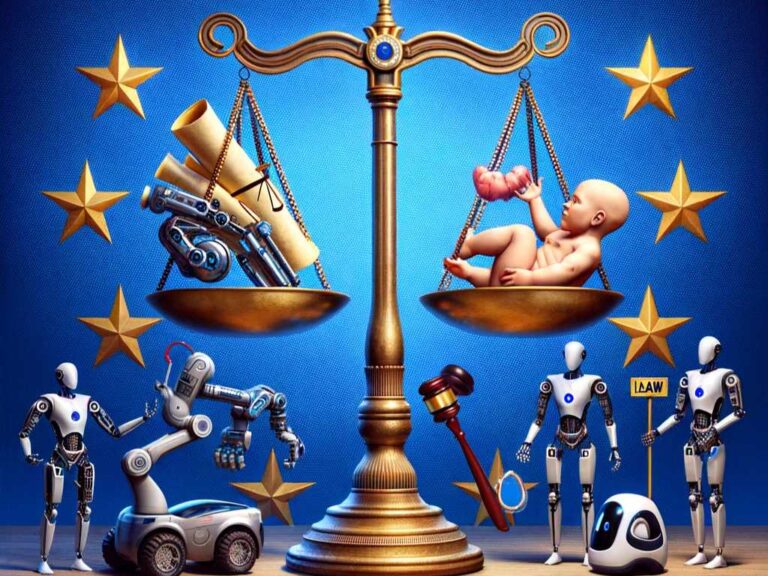
Navigating the AI Act: Understanding the New Normatives
The rise of Artificial Intelligence (AI) has sparked widespread discussion about its potential impact on society, the economy, and the ethical considerations it entails. As a result, the European Union is at the forefront of establishing legal frameworks to safeguard fundamental rights and ensure that AI systems are used responsibly. The AI Act is a significant legislative initiative that aims to regulate AI applications and set clear normatives for developers and users alike.
The AI Act: A Landmark Legislation
The AI Act is one of the world’s first comprehensive attempts to regulate AI systems on a large scale. It is designed to address the risks associated with AI and create a legal environment that fosters trust and innovation. The Act classifies AI applications into different risk categories, with each category subject to a distinct set of regulatory requirements.
High-Risk AI Systems and Compliance
Under the AI Act, high-risk AI systems are subject to strict requirements. These systems, which include AI used in healthcare, transport, and other critical sectors, must undergo rigorous testing, risk assessment, and compliance checks before deployment. High levels of transparency, accountability, and data governance are mandated for these applications, ensuring that the AI deployed is secure, reliable, and respects users’ rights.
AI and Fundamental Rights: Balancing Innovation with Protection
The AI Act emphasizes the protection of fundamental rights. It mandates that AI systems must not cause harm to people, especially by discriminating against them or infringing on their privacy. For AI developers and users, this means incorporating ethical considerations into the design and implementation process, ensuring that AI acts in the service of humanity.
Facilitating AI Innovation within the Legal Framework
While the AI Act introduces rigorous norms for high-risk AI, it also encourages innovation by providing a clear legal framework for low and minimal risk AI applications. Developers and businesses operating within these categories have more freedom to explore and innovate, knowing well the boundaries and expectations set by the Act.
The AI Act and Global Normatives for AI
The AI Act is poised to set a global benchmark for AI regulation, with many countries looking at the European model as a blueprint for their own regulations. This alignment of AI normatives can streamline international cooperation in AI research and development, and potentially harmonize the global digital market.
Implications for AI Stakeholders
AI developers, deployers, and users will need to familiarize themselves with the AI Act and its requirements. Ensuring compliance will involve a deep understanding of the Act’s categorization of risk, and the specific obligations for each tier. Additionally, continuous monitoring of AI systems for adherence to the Act will become a regular practice.
Conclusion: Embracing the AI Act for a Better Future
The AI Act represents a significant step towards responsible AI deployment. By embracing the normatives laid out in the Act, stakeholders can not only avoid the legal repercussions of non-compliance but also contribute to an environment where AI technologies can be trusted and beneficial for all. As AI continues to evolve, the AI Act will undoubtedly play a pivotal role in shaping its trajectory – one that aligns innovation with the ethical and societal values we hold dear.
Get the power of AI for your marketing campaigns
Simplify campaign management and maximize results with AdMind. Create high quality content, generate images, integrate digital channels, automatize editorial plans, track performance, and optimize for maximum success.
More AI-Marketing News
Subscribe to unlock the power of AI-driven content marketing and to get free stuff!
I read and accept the Privacy Policy.








